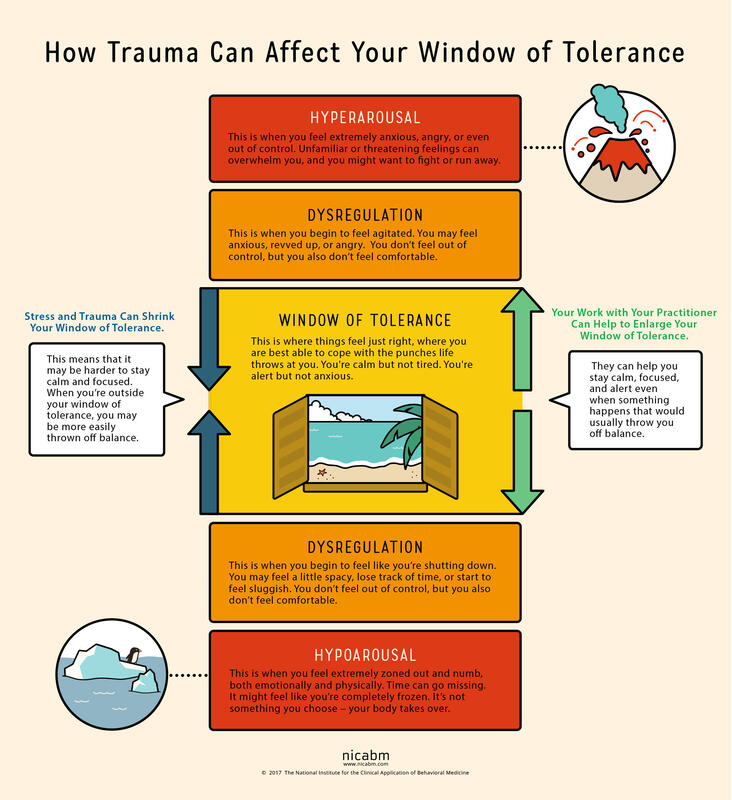|
Living with depression can be a completely consuming experience. Those experiencing depression can have symptoms like persistent sadness, hopelessness, lethargy, low self-esteem, guilt, worthlessness, and more. These symptoms exist on a spectrum from mild to severe and short to long-term. Living day to day with depression feels heavy, aimless and dark. Often people suffering from depression are told to change their mindset in order to recover. We know that change must come from a much deeper place. In fact, living day to day with depression requires enormous amounts of courage and perseverance, and it helps those who are suffering to have this acknowledged and validated. Depression has several different causes and sources. There are strong inherited patterns for major depression. There are also significant hormonal impacts, especially in post-partum depression and pre-menstrual depressive disorder. Personality also has a strong influence on mood and energy and motivation. All of these different also create causes can also produce a predisposed sensitivity to depression. This blog post is to highlight when life circumstances or traumas are the source of depression. When this is the case, it is the nervous system that is leading the body and mind toward depression. And as such, treatment will need to be focused on healing the nervous system and helping the client work toward a different nervous system state. When the nervous system (read: trauma, overwhelm, life circumstances) is causing depression, healing must happen deeply in the autonomic (involuntary) nervous system. To understand the nervous system impact and the healing of nerves, we need to understand the Window of Tolerance. When we are in the window of tolerance, we are grounded, flexible and able to roll with the ups and downs of life. When we have a good amount of resilience, our window of tolerance is large and we are able to handle significant challenges without becoming too dysregulated. When we are under a lot of stress, our window of tolerance shrinks and we start to experience hyper or hypo arousal. Let’s discuss these nervous system states that exist outside of the window of tolerance. When we experience overwhelming stressors, we become dysregulated in one of two different directions, sometimes cycling between the two. We can become activated and have a flood of anxious or angry energy wash through our body (hyperaroused). Or we can become deactivated and experience numbness and a shut down response (hypoarousal). This hypoaroused state is the embodiment of depression. This is how stressors or traumas cause depression.
Hypoarousal symptoms also exist on a spectrum. On the milder side, we might experience tiredness, brain fog and a slump in energy. When hypoarousal is heightened, one might experience emotional numbness, dissociation, and even catatonia. Sometimes, we end up in this depressed state after an extended period of stress. It’s like our system is saying that it can’t handle that level of activation for that long and it shuts down. In other words, depression can be caused by a nervous system shut down. So, what does our nervous system need when it is in this shut down state? Sometimes, it simply needs a break. It needs rest from the hyper-activated state. The nerve that runs these activation pathways has become raw and overworked and needs to be soothed. The nervous system also has a significant need for connection when it is in this state of shut down. It needs a form of connection that is accepting, supportive and understanding. The nervous system also needs a way to process or integrate the overwhelming emotions that shut it down in the first place. This typically needs to happen at a slow and measured pace, so not to overwhelm again. These interventions serve as a ladder that helps us climb out of the shut down state, closer and closer to that window of tolerance. For a sustained healing process, we also need to take a good look at our lifestyle. When healing from a nervous system shut down, we need to choose a gentle pace of life, avoiding any additional stressors when possible. We can boost our nervous system health with meditation and mindfulness skills. We can invest in sustainable sleep habits that allow our entire system to regenerate every night. Gentle, joyful movement practices can also lift us out of shut down or depression. We at Benediction honor your nervous system and it’s inherent needs and functions, and we know how to move you out of harmful nervous system pathways. We can help you reconnect with yourself and with others by bringing your system back into balance in that lovely window of tolerance.
0 Comments
|
Archives
July 2024
Categories
All
|

 RSS Feed
RSS Feed